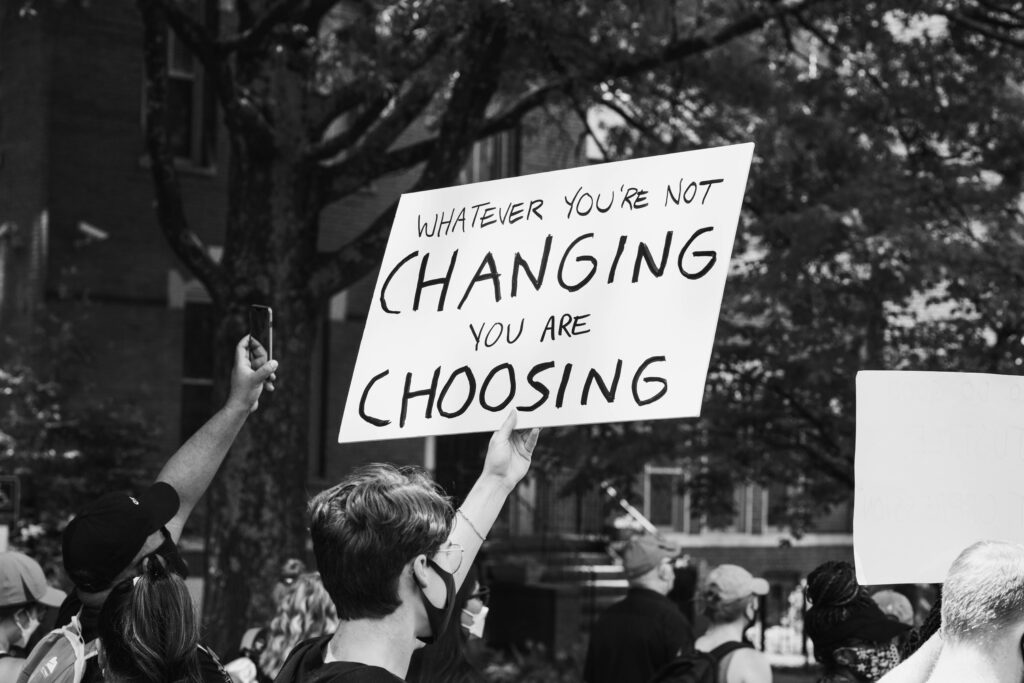February 2023 is a busy month for campaigners and individuals committed to issues of equality and social justice. As teachers, railway workers, university staff, civil servants and many more are striking today, this month may be a time for uncomfortable conversations across sectors.
In just a short 28 days, upcoming campaigns include:
Race Equality Week (February 6th to 12th)
Mental Health Day: Time to Talk (February 2nd)
LGBTQ+ History Month (the month of February)
Protect the Right to Strike Day (February 1st)
What issues are you committed to tackling in the workplace?
Is an intersectional approach the way forward for your organisation?
2022 witnessed a significant rise in hate crimes towards disadvantaged groups, according to statistics released by the Home Office. Religion, race, sexuality and disability were the key motives for hate crime and attacks in the UK last year, with racist crimes rising by 19% and hate crimes against transgender people rising by a staggering 56%.
Though the issues affecting these groups (and many more) cannot be homogenised, the shared experience of prejudice and inequality in and outside of the workplace demands action.
Whether you identify with one or all these characteristics during this month of intersectionality, collective change is required.
Research conducted by the Equality and Human Rights Commission in 2017 identified the impact of intersectionality on the disability pay gap in the workplace. It found that disabled Bangladeshi, Pakistani and Black African men experience pay gaps of 56%, 36%, and 34% respectively in comparison to White British non-disabled men, with disabled women from ethnically diverse backgrounds also experiencing significant pay disparities too.
In the words of Kimberle Crenshaw (Professor of Law at Columbia University), who was the first to coin the term “intersectionality” in 1989:
“If you don’t have a lens that’s been trained to look at how various forms of discrimination come together, you’re unlikely to develop a set of policies that will be as inclusive as they need to be.”
“The better we understand how identities and power work together from one context to another, the less likely our movements for change are to fracture.”
Through using the lens of intersectionality in the workplace, the nuance and complexity of discrimination can be understood.
Have you ever considered how intersectional discrimination is experienced in your workplace?
Race Equality Week
Race Equality Week is an annual UK-wide movement uniting thousands of organisations and individuals to address the barriers to race equality in the workplace. The theme for 2023 is #ItsEveryonesBusiness because tackling race inequality is everyone’s business.
With over 4500 organisations, reaching over 2 million employees, engaging with Race Equality Matters, Race Equality Week is encouraging organisations to engage with the new co-created solutions, Five Day Challenge and The Big Promise, to facilitate meaningful, accountable and sustainable change: making race equality everyone’s business.
In a recent Race Equality Matters event, all attendees surveyed thought that Race Equality Week would make an impact on tackling race inequality in their workplace and 48% considered it to be a ‘catalyst’ to change. 75% of attendees also considered the Five Day Challenge significantly more effective at tackling racism than other Diversity & Inclusion Initiatives.
So, why wait?
Get started today. Download your 5 Day Challenge Guide and sign up for Race Equality Week.
Display Image – Corey Young

